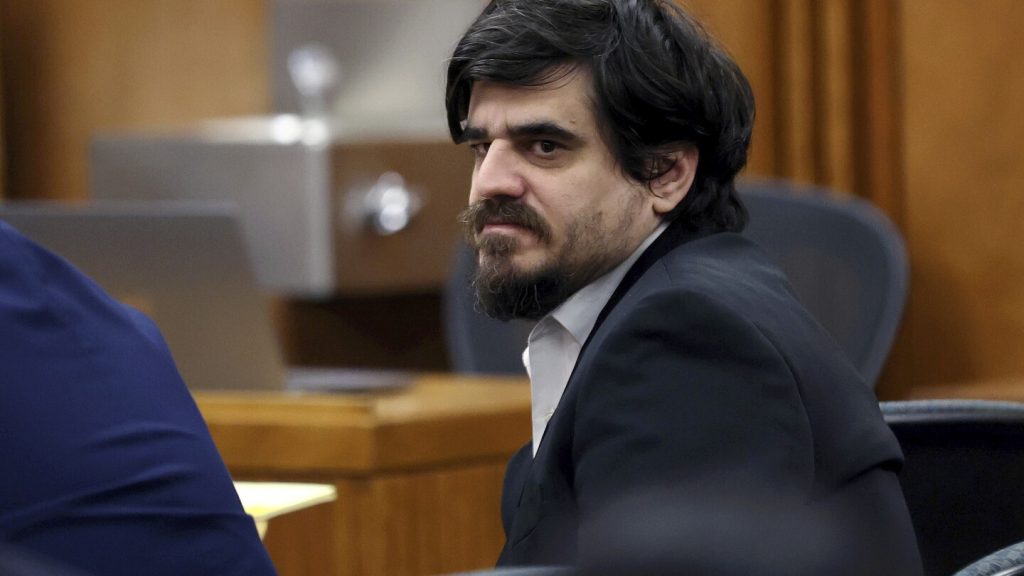Dervish’s attorney argued that he was experiencing a psychotic episode at the time of the shooting, while the prosecutor claimed the crime was premeditated. The former University of Arizona graduate student is facing seven felony charges, including first-degree murder, for the killing of professor Thomas Meixner. The prosecutor argued that Dervish planned the killing and showed evidence of him buying a handgun a month before the shooting. Defense attorney Masursky argued that Dervish should be considered “guilty except insane to second-degree murder” due to his severe mental health issues.
Meixner was a respected professor in the Department of Hydrology and Atmospheric Sciences at the University of Arizona, where Dervish was a master’s degree student. Dervish had been expelled from the school after ongoing issues with professors and received a bad grade. He had been banned from the school property and was the subject of reports of harassment and threats to staff members. Witnesses testified that Dervish was wearing a disguise when he shot Meixner outside his office and then fled the scene. He was later arrested after being stopped by Arizona state troopers on a highway more than 120 miles away from Tucson. A loaded handgun consistent with the shell casings found at the shooting scene was found in his vehicle.
Psychologist Gavin Baker evaluated Dervish after the shooting and diagnosed him with schizophrenia, major depression, paranoia, and delusions. Dervish had also requested different defense attorneys, to be treated as co-counsel, and moved for a mistrial during his trial, all of which were denied by Judge Fell. The defense argued that Dervish lost his mind during the incident and did not know right from wrong, while the prosecutor maintained that he was guilty of the crime. The trial is expected to conclude with deliberations beginning on Tuesday morning.
The case raises questions about mental health and the legal system’s approach to dealing with individuals who commit crimes during psychotic episodes. The defense’s argument that Dervish should be considered “guilty except insane” could lead to him being confined to a psychiatric hospital instead of serving time in prison if convicted. The prosecutor’s assertion that the crime was premeditated and planned by Dervish presents a different perspective on the case. Ultimately, the jury will have to weigh the evidence presented during the trial and decide on Dervish’s guilt or innocence in the death of Professor Meixner. The tragic incident has had lasting repercussions for the university community and highlighted the importance of addressing mental health issues in academic settings.


